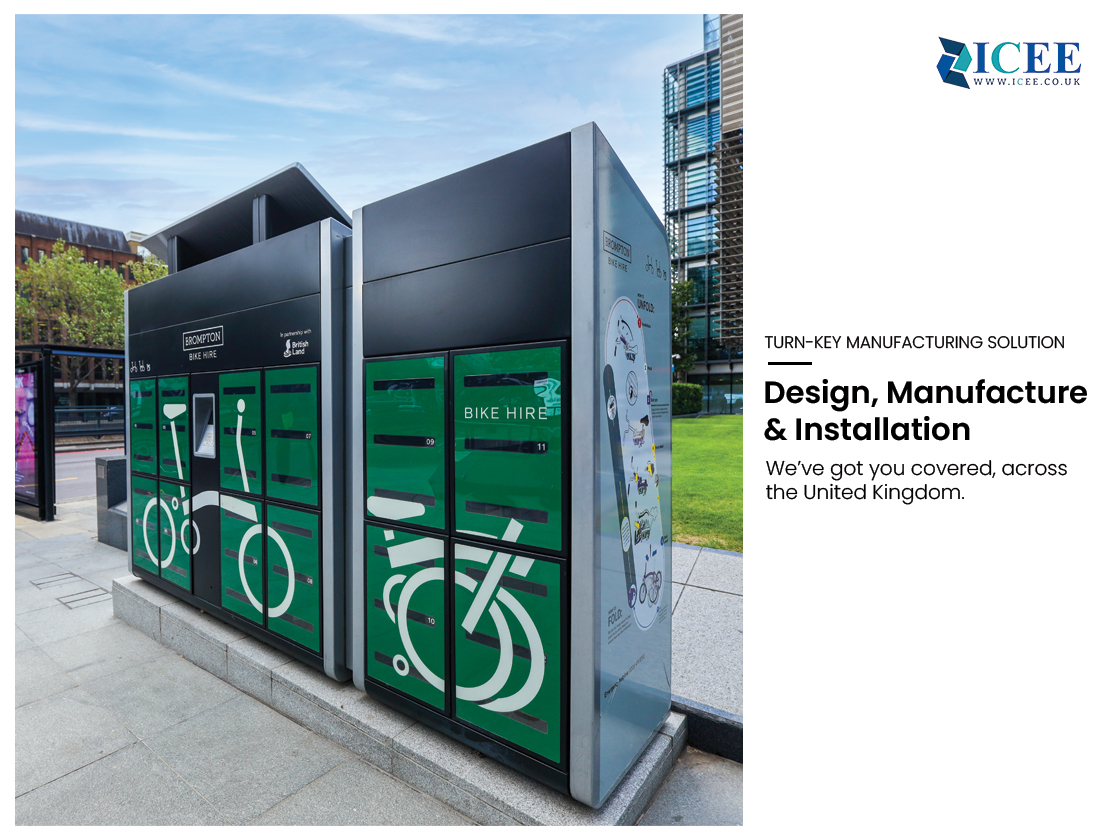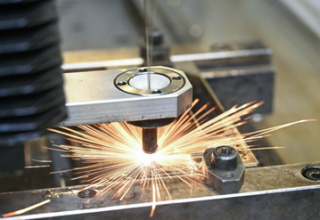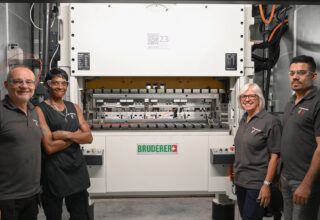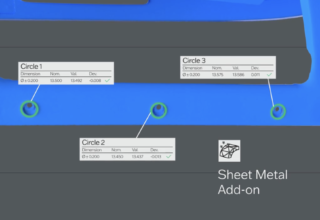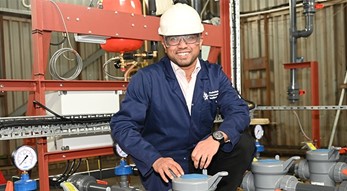
British Steel is taking part in a £250,000 project designed to unlock a practical method of removing zinc from by-products produced as part of the iron and steelmaking processes.
Part of PRISM, the Innovate UK-funded programme which supports research and innovation in the steel and metals sector, the project is being led by The Materials Processing Institute and supported by British Steel, Tata Steel, CELSA Group and Marcegaglia Stainless.
The 17-month project unites the sector to identify a sustainable and cost-effective method that will allow more iron to be recovered and reused in the iron and steelmaking process and more zinc to be recovered for reuse within separate UK supply chains.
It will investigate and evaluate several potential solutions, including pyrometallurgy, a conventional process that recovers non-ferrous and precious metals from electronic waste, ultra-sonic separation, a technology that uses high-frequency ultrasound to separate materials, and a hydrometallurgical process that oxidises metallic zinc in ionic liquids.
While a proportion of iron and zinc by-products produced by both steel making methods can be re-used, in a blast furnace once the concentration of zinc rises above a certain level the iron units are no longer able to be recovered. The low boiling point of metallic zinc, compared with much higher furnace temperatures, causes it to volatilize and recondense, causing scab formations of zinc to form on the furnace wall.
The global steel industry has tried without success to find a practical solution for zinc removal from by-products for many years so more iron can be recovered for re-use in blast furnaces.
Andy Trowsdale, British Steel’s Head of Research and Development, said: “The processes we operate strive to capture and reuse our manufacturing by-products. Relatively low levels of zinc contamination have, however, meant that certain by-products are unsustainable for re-use and have been considered a waste. The success of this project will allow the zinc-containing arising and legacy by-products to be used as an iron-rich feedstock – adding value and reducing waste. We’re committed to further enhancing our manufacturing and environmental performance, and pleased to be working with our partners on this important project.”
Chris McDonald, Chief Executive Officer of the Teesside-based Materials Processing Institute, a not-for-profit organisation, said: “This is very much a collaborative effort involving the UK’s leading iron and steel makers and innovators in order to deliver the most effective technological, economic and environmental method of recovering and re-using this high valued material.”
Innovate UK, the UK’s innovation agency, supports the UK’s businesses to grow through the development and commercialisation of new products, processes and services supported by an outstanding innovation ecosystem. The PRISM programme being undertaken by the not-for-profit Institute, is focused on supporting innovation in the three key areas of decarbonisation, digital technologies, and the circular economy.









